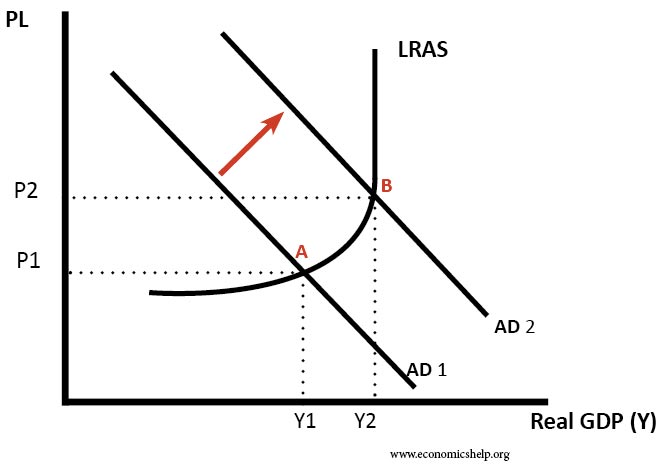I wrote a brief explanation to the current credit crunch, breaking it down into 10 stages – including why It occurred and who does it affect.
Some common questions on Credit Crisis
Why Do US Mortgage Defaults Affect the UK?
The US mortgage companies funded their mortgage lending by selling their loans onto other financial companies. This is known as rebundling debt; ironically, it was aimed at making the debt appear safer because the risk was shared amongst other financial institutions. (This is one reason why US subprime loans got a triple AAA credit rating). Therefore, when US mortgage defaults occurred, it wasn’t just US mortgage firms who were in trouble. Many big banks who had bought the mortgage bundles lost money. Also because of the crisis it has become more difficult and expensive to borrow money, financiers don’t want to get burnt with buying any more bad subprime debt.
What is actually meant by Subprime?
Subprime was primarily used in the US, but, has quickly slipped into British English use. Subprime essentially means lending to people without perfect credit histories. For example, if you miss a payment or go overdrawn without authority, you get a negative credit rating. This means you will be classed as subprime. In practice subprime can refer to any type of risky lending. This could be people with bad credit histories, or people with irregular income.
- In the UK subprime is sometimes referred to as ‘bad credit’ payments.
- There can be different levels of subprime. For example, one missed payment could cause a credit rating of subprime. But, if your home was repossessed this is clearly a more serious form of subprime.

